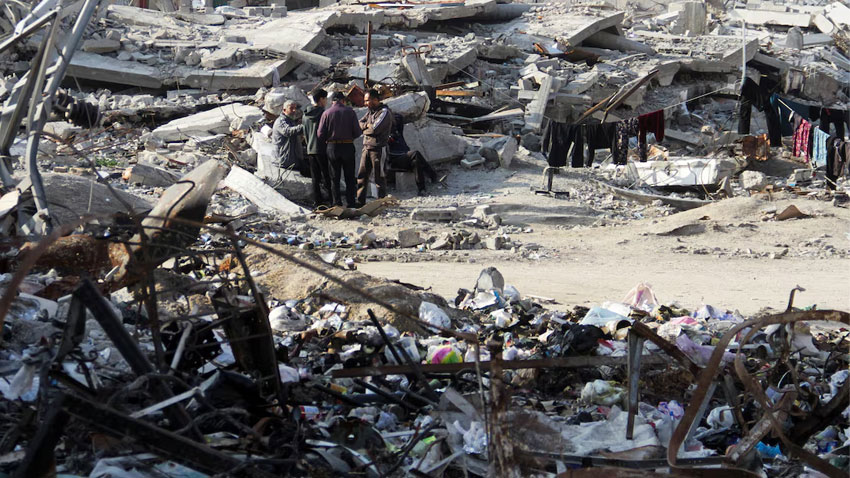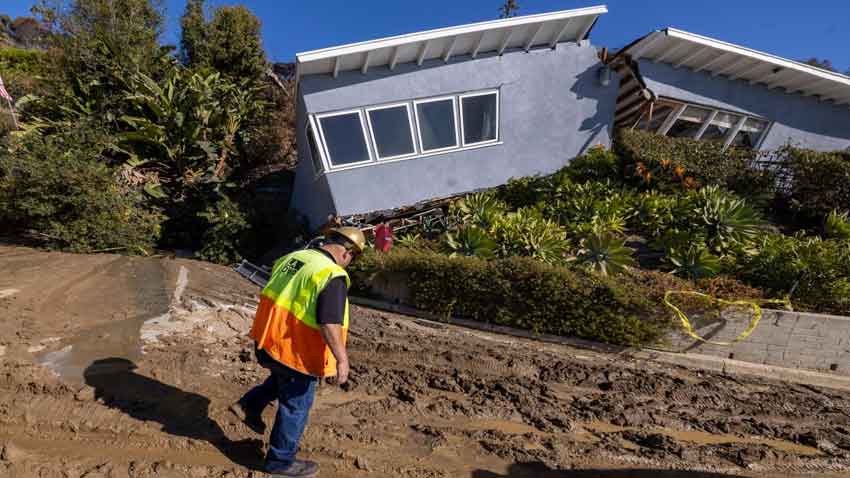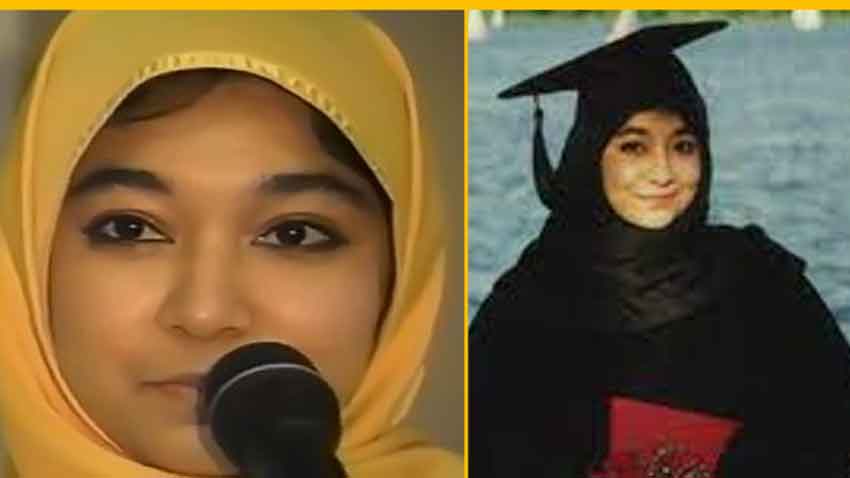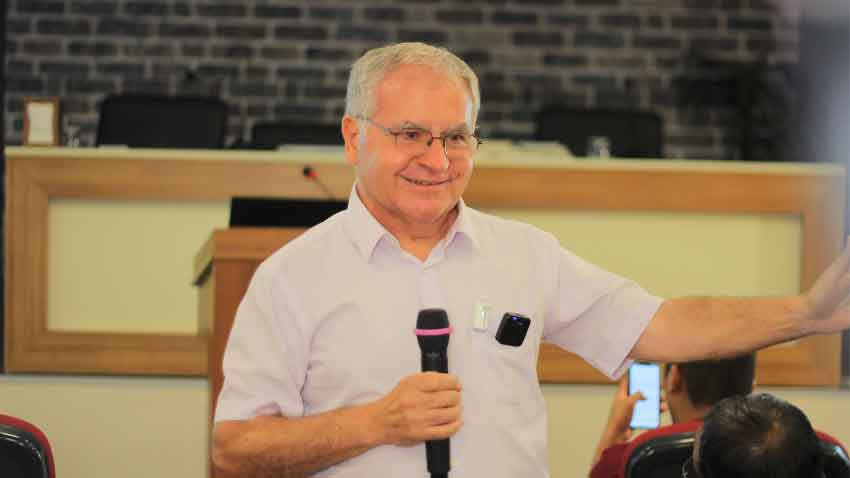
The complex ceasefire accord between Israel and militant group Hamas, which controls Gaza, emerged on Wednesday after months of mediation by Qatar, Egypt and the U.S. and 15 months of bloodshed that devastated the coastal territory and inflamed the Middle East.
The deal outlines a six-week initial ceasefire with the gradual withdrawal of Israeli forces from the Gaza Strip, where tens of thousands have been killed. Hostages taken by Hamas would be freed in exchange for Palestinian prisoners held by Israel.
At a news conference in Doha, Qatari Prime Minister Sheikh Mohammed bin Abdulrahman Al Thani said the ceasefire would take effect on Sunday. Negotiators are working with Israel and Hamas on steps to implement the agreement, he said.
"This deal will halt the fighting in Gaza, surge much-needed humanitarian assistance to Palestinian civilians, and reunite the hostages with their families after more than 15 months in captivity," U.S. President Joe Biden said in Washington.
His successor, Donald Trump, takes office on Monday and claimed credit for the breakthrough in Gaza.
Israel s acceptance of the deal will not be official until it is approved by the country s security cabinet and government, with votes slated for Thursday, an Israeli official said.
The accord was expected to win approval despite opposition from some hardliners in Israeli Prime Minister Benjamin Netanyahu s coalition government.
While people celebrated the pact in Gaza and Israel, Israel s military escalated attacks after the announcement, the civil emergency service and residents said.
Heavy Israeli bombardment, especially in Gaza City, killed 32 people late on Wednesday, medics said. The strikes continued early on Thursday and destroyed houses in Rafah in southern Gaza, Nuseirat in central Gaza and in northern Gaza, residents said.
In social media posts, some Gaza residents urged Palestinians to exercise extra caution in the belief Israel could step up attacks in the next few days to maximize gains before the ceasefire starts.
In Khan Younis, throngs clogged the streets amid the sounds of horns as they cheered, waved Palestinian flags and danced.
In Tel Aviv, families of Israeli hostages and their friends likewise welcomed the news, saying in a statement they felt "overwhelming joy and relief (about) the agreement to bring our loved ones home."
If successful, the ceasefire will halt fighting that has razed much of heavily urbanised Gaza, killed over 46,000 people and displaced most of the tiny enclave s pre-war population of 2.3 million, according to Gaza authorities.
With 98 Israeli hostages remaining in Gaza, phase one of the deal entails the release of 33 of them, including all women, children and men over 50. Two American hostages, Keith Siegel and Sagui Dekel-Chen, were among those to be released in the first phase, a source said.




